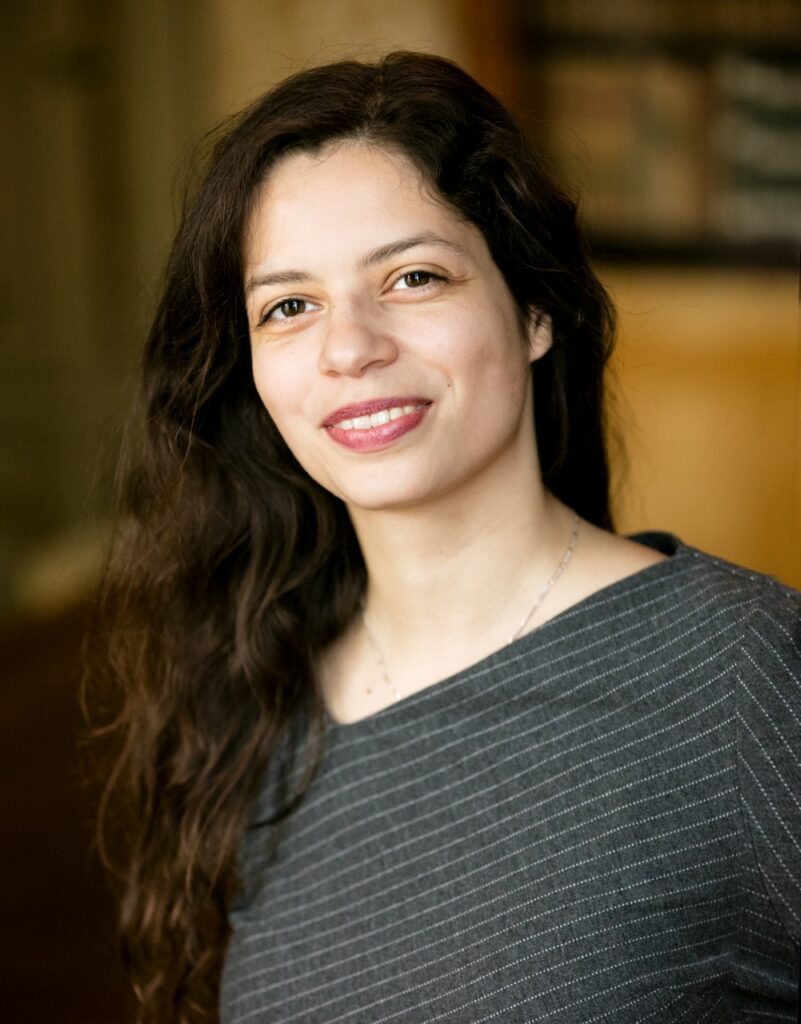A special joint seminar between the Department of Science and Technology Studies (STS) within the Faculty of Science and the Health and Society (HESO) program within the Department of Social Sciences at the Faculty of Liberal Arts & Professional Studies takes place virtually on Tuesday, April 5 from 12:30 to 2 p.m. This is the final talk of the 2021-22 STS Research Seminar Series.

Lucy van de Wiel, a lecturer and director of Postgraduate Research in Global Health and Social Medicine at King’s College London, will be leading the discussion “Fertility Efficiency: How Preservation, Prediction and Private Equity meet in Contemporary IVF.” She is a work package coordinator in the Wellcome-funded collaborative research project Changing Infertilities, which is based at the Reproductive Sociology Research Group (ReproSoc) at the University of Cambridge and is the author of Freezing Fertility (NYU Press, 2020) and featured in the documentary Freezing Fertility (VPRO Backlight, 2021).
In the last decade, the in vitro fertilization (IVF) sector has witnessed a shift from so-called reactive IVF to a new model of proactive fertility care. Whereas IVF was traditionally developed to treat people who found they were unable to conceive, the indication for IVF has broadened significantly to include a much wider group of potential patients through a new focus on proactive treatment of future (in)fertility. This shift combines several latest trends pertaining to preservation, prediction and private equity, all of which are changing both the meaning of fertility and the organization of contemporary assisted reproduction.
This discussion will outline van de Wiel’s research into egg freezing, embryo selection and financialization of the fertility sector. The possibility of egg cryopreservation has transformed not only by introducing a new means of fertility preservation but by changing the dynamics of egg donation and institutionalizing proactive fertility management in corporate contexts. Besides preservation, the prediction of future fertility and viability with data-driven technologies is the basis of much investment at present. However, as the efficacy of these technologies does not currently have a solid evidence base, their introduction is contentious among fertility professionals and exposes underlying uncertainties about changing professional identities, doctor-patient relations and the politics of knowledge production. Both trends of preservation and prediction are driven by private equity investments, which have introduced a new growth- and efficiency-driven dynamic into the fertility sector in the last decade. The talk will further explore how the resultant financialization of fertility both promotes an ethos of proactive fertility management and reflects broader capitalist tailwinds.
Now in its 28th year, the STS Research Seminar Series features seminars on a wide range of STS-related topics. To date, the series has hosted over 500 speakers from Canada and around the world.
This event is free and open to the public, with no registration required. To receive a Zoom link for this event and others in the series, contact Conor Douglas, seminar series coordinator, at cd512@yorku.ca.


